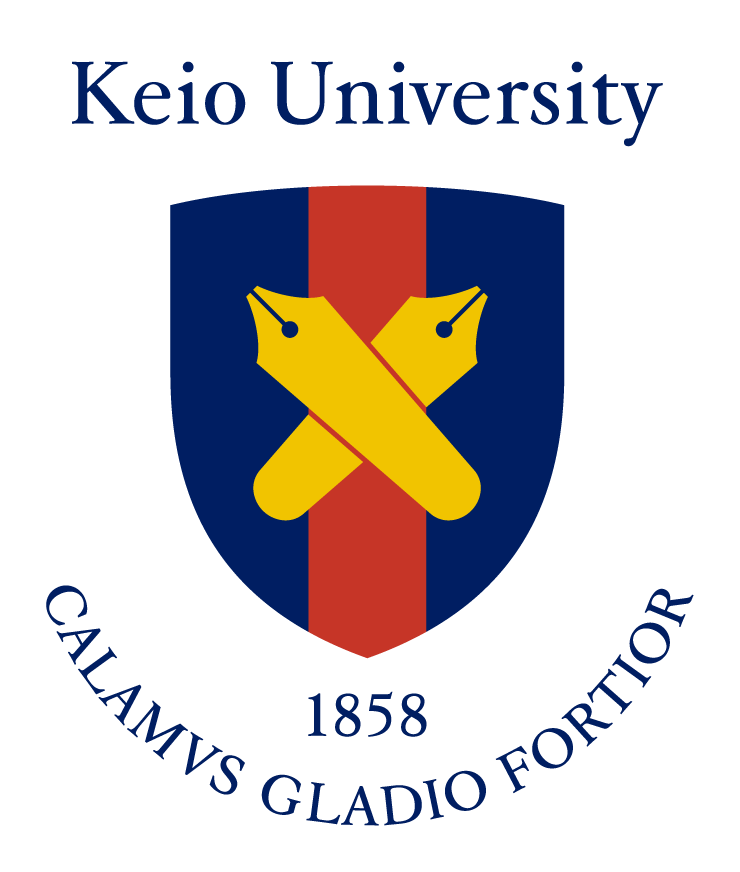 201-300
201-300 


Keio University was founded in 1858 during the Edo period. This was a time before Japan had begun to modernize, characterized by the strong prevailing influence of the nation’s feudal system. Keio’s founder, Yukichi Fukuzawa, was a proponent of modernizing both the nation's official systems and the mindset of its populace as a means for Japan to stand alongside and remain resolute in the face of Western powers. Over the course of its subsequent history, Keio University produced many of Japan’s leaders, a testament to this legacy. Today, the school has grown to encompass 10 undergraduate faculties, 14 graduate schools, and approximately 33,000 students. Furthermore, Keio is a comprehensive university with research spanning from the humanities and social sciences to STEM, medicine, and nursing. Among its academic disciplines, the university is especially known for its programs in the humanities and social sciences, producing an impressive array of capable graduates. At the same time, Keio is known for its leading university hospital which enjoys significant renown in Japan for providing advanced medical care. Keio University has over 400,000 graduates and its alumni network is one of its most valuable assets. Their presence is felt on both the national and international stage and their contributions extend beyond the commercial industry to medical care, the legal system, education, science, politics, the arts, culture, and sports.
 201-300
201-300 
| Subject | Rank |
|---|---|
Human Biological Sciences | 101-150 |
Mechanical Engineering | 201-300 |
Biotechnology | 201-300 |
Clinical Medicine | 201-300 |
Biological Sciences | 301-400 |
Economics | 301-400 |


| Undergraduate Programs |
|---|
Accounting and Finance |
Administration Engineering |
Aesthetics and Art History |
American Literature |
Anatomy & Physiology |
Anthropology |
Applied Chemistry |
Applied Physics and Physico-Informatics |
Architecture |
Area Studies |
Art & Design |
Arts Management |
Asian history |
Astronomy |
Biological Sciences |
Biosciences and Informatics |
Built Environment |
Business & Management Studies |
Chemistry |
Chinese Literature |
Classics & Ancient History |
Communication and Media Studies |
Computer Science and Information Systems |
Dentistry |
Development Studies |
Economics and Econometrics |
Education and Training |
Engineering - Aeronautical |
Engineering - Chemical |
Engineering - Civil and Structural |
Engineering - Electrical and Electronic |
Engineering - General |
Engineering - Manufacturing & Production |
Engineering - Mechanical |
Engineering Management |
English Language and Literature |
Environment and Information Studies |
Environmental Studies |
Ethics |
Ethnicity, Gender and Diversity |
Finance |
French Literature |
Geography |
German Literature |
History and Archaeology |
Human Resources Management |
Human Sciences |
International Relations/Studies/Affairs |
Japanese History |
Japanese Literature |
Journalism |
Law and Legal Studies |
Library & Information Management |
Linguistics |
Marketing |
Materials Sciences |
Mathematical Sciences |
Mathematics |
Medicine |
Medicine Related Studies |
Modern Languages |
Musicology |
Nursing |
Pharmaceutical Sciences |
Pharmacology |
Pharmacy & Pharmacology |
Philosophy |
Physics & Astronomy |
Policy Management |
Politics |
Psychology |
Public Policy |
Sociology |
Sports-related Courses |
Statistics and Operational Research |
Sustainable Development |
System Design Engineering |
Theology, Divinity & Religious Studies |
Urban Planning |
Western History |
| Graduate Programs |
|---|
Accounting and Finance |
Administration Engineering |
Aesthetics and Art History |
American Literature |
Anatomy & Physiology |
Anthropology |
Applied Chemistry |
Applied Physics and Physico-Informatics |
Architecture |
Area Studies |
Art & Design |
Arts Management |
Asian history |
Astronomy |
Biological Sciences |
Biosciences and Informatics |
Built Environment |
Business & Management Studies |
Chemistry |
Chinese Literature |
Classics & Ancient History |
Communication and Media Studies |
Computer Science and Information Systems |
Dentistry |
Development Studies |
Economics and Econometrics |
Education and Training |
Engineering - Aeronautical |
Engineering - Chemical |
Engineering - Civil and Structural |
Engineering - Electrical and Electronic |
Engineering - General |
Engineering - Manufacturing & Production |
Engineering - Mechanical |
Engineering Management |
English Language and Literature |
Environment and Information Studies |
Environmental Studies |
Ethics |
Ethnicity, Gender and Diversity |
Finance |
French Literature |
Geography |
German Literature |
Health Care Management |
History and Archaeology |
Human Resources Management |
Human Sciences |
International Relations/Studies/Affairs |
Japanese History |
Japanese Language Education |
Japanese Literature |
Journalism |
Law and Legal Studies |
Library & Information Management |
Linguistics |
Logistics / Supply Chain Management |
Marketing |
Materials Sciences |
Mathematical Sciences |
Mathematics |
Media and Governance |
Media Design |
Medicine |
Medicine Related Studies |
Modern Languages |
Musicology |
Nursing |
Pharmaceutical Sciences |
Pharmacology |
Pharmacy & Pharmacology |
Philosophy |
Physics & Astronomy |
Policy Management |
Politics |
Psychology |
Public Health |
Public Policy |
Sociology |
Sports Management |
Sports-related Courses |
Statistics and Operational Research |
Sustainable Development |
System Design and Management |
System Design Engineering |
Systems Engineering |
Theology, Divinity & Religious Studies |
Urban Planning |
Western History |